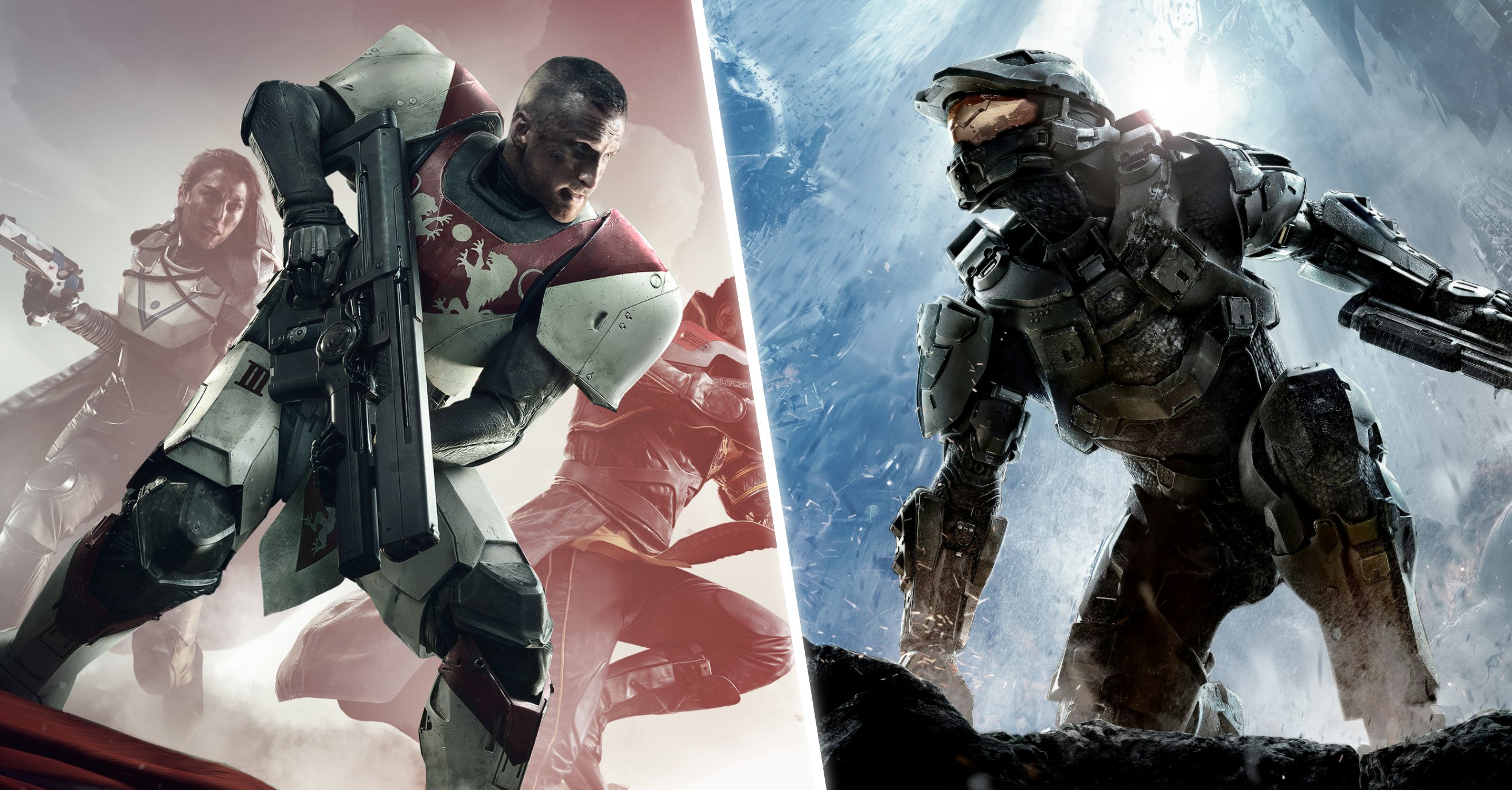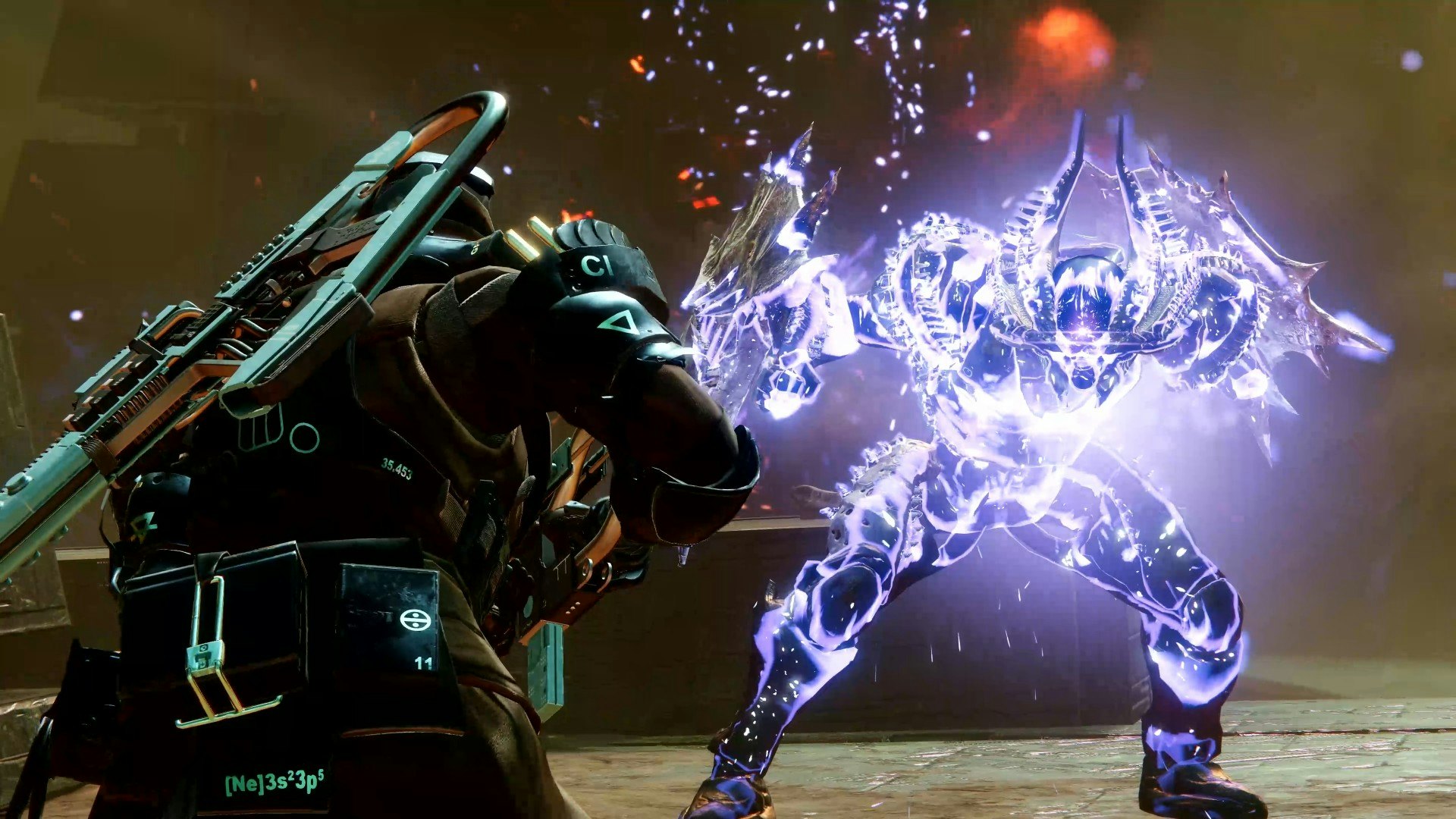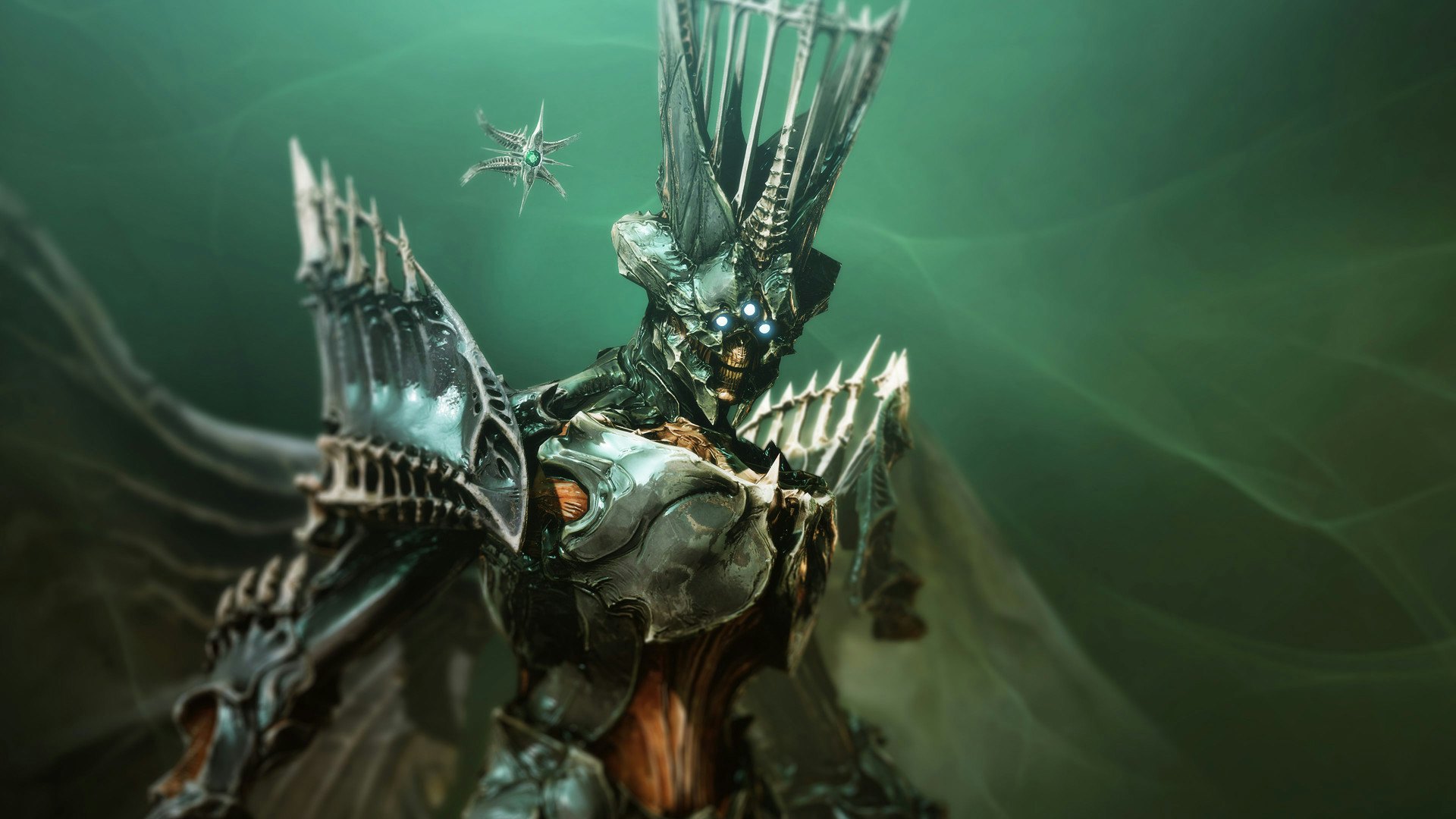
The biggest trend in gaming right now isn’t NFTs or the metaverse — it’s consolidation. After Microsoft announced plans to acquire publishing giant Activision-Blizzard last week, Sony revealed it’s purchasing Destiny 2 developer Bungie (and no, it’s not just a last-minute response to Microsoft). The finer details are still being kept under wraps, but we already have answers to some of the biggest questions about the deal.
5. Does Bungie still own Halo?
Nope. Although Bungie created the Halo franchise and made the first handful of games, rights to the franchise still belong to Microsoft. Bungie began work on the original Halo in 1997, but Microsoft purchased the studio while the game was still in development, acquiring the IP in the process. When Bungie split from Microsoft in 2007, Microsoft retained rights to Halo, creating the in-house studio 343 Industries to take over its blockbuster franchise. The chances of Halo making its way to PlayStation are just as slim now as they were before Sony bought Bungie.
4. What games does Bungie own?
Part of what made Microsoft’s purchase of Activision-Blizzard such a big deal is its immense stable of games, from the Call of Duty series to a handful of cash-cow mobile titles. That’s not the case with the Sony-Bungie deal, which really seems to be all about Destiny. Bungie previously made the Myth strategy series and PlayStation action game Oni, but rights to both series now lie with Take-Two Interactive, publisher of the Grand Theft Auto series.
Bungie does still own the rights to Marathon, its pre-Halo FPS series. Given that the developer is already maintaining one massively popular shooter series, a revival seems somewhat unlikely.
Bungie is also working on a new, non-Destiny game, which it says will launch before 2025. That’s all Bungie’s revealed about it so far, but job listings and a trademark filing hint at a new, lighthearted loot game that may be called Matter.

3. How much money does Destiny 2 make?
Destiny 2 is a constant entry on most-played charts for Steam and PlayStation, but that doesn’t necessarily translate to huge sales numbers. Remember that the base version of Destiny 2 is a free-to-play game, so its revenue comes from DLC sales and microtransactions rather than sales of the base game.
A report from The Wall Street Journal estimates that the Destiny franchise makes Bungie somewhere in the mid-$100 million range each year. The release of the anticipated Witch Queen expansion on February 22 will likely help boost sales for this year.
Bungie’s revenue may seem like small change compared to its $3.6 billion selling price, but the purchase gives Sony a cut of Destiny 2’s in-game sales, an area where it lags behind other developers.
2. Will Destiny 2 become PlayStation exclusive?
Not according to Bungie. In an FAQ, the developer states in no uncertain terms, “Destiny 2 will stay on all current platforms and expand to new platforms.” Likewise, Bungie says all of its in-development games will also be multiplatform releases.
Sony Interactive Entertainment CEO Jim Ryan echoed those sentiments in an interview with GamesIndustry.biz, saying “Bungie will stay an independent, multiplatform studio and publisher.”
It’s a move that makes sense for both parties. Bungie has no reason to limit its players to just one platform, disrupting multiplatform player groups in the process, and Sony has more to gain from collecting its share of microtransactions on multiple platforms.
1. Will Destiny 2 have PS-exclusive gear or DLC?
Again, no — at least not for now. Bungie’s FAQ explicitly rules out “platform exclusives” for The Witch Queen expansion. It also states that all of Bungie’s plans remain unchanged through the release of The Final Shape expansion in 2024.
Other language in the FAQ implies that Bungie is avoiding platform exclusives entirely, but with enough wiggle room that they could still be in the cards. Bungie added platform exclusives to Destiny 2 during its Activision days, but the response from players was almost universally negative. Just like making the game itself exclusive, adding platform-locked content likely offers few rewards to either Bungie or Sony, in exchange for a guaranteed backlash.

Bonus: What’s next?
It’s too soon to say exactly what this means for Bungie and PlayStation, but we have some pretty clear hints. Bungie has said before that it’s interested in bringing Destiny to different media — much like the upcoming Halo TV series — and Sony certainly has the resources to help make that happen. According to Jim Ryan, Sony is also happy to have Destiny 2’s developers on board to help with future PlayStation live-service projects.
Bungie also has a history of toxic culture, from crunch to employee abuse, as reported by IGN. PlayStation has been outspoken about stamping these sorts of conditions out of the game industry, so some house-cleaning may be coming soon.







